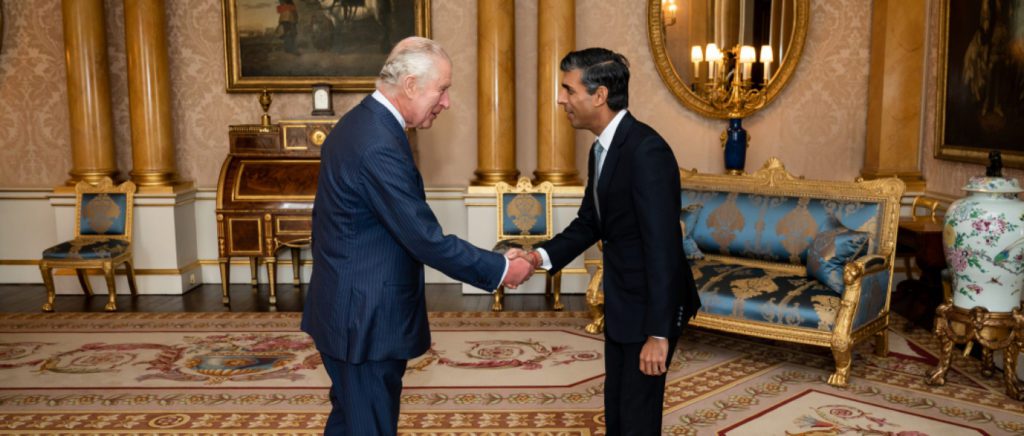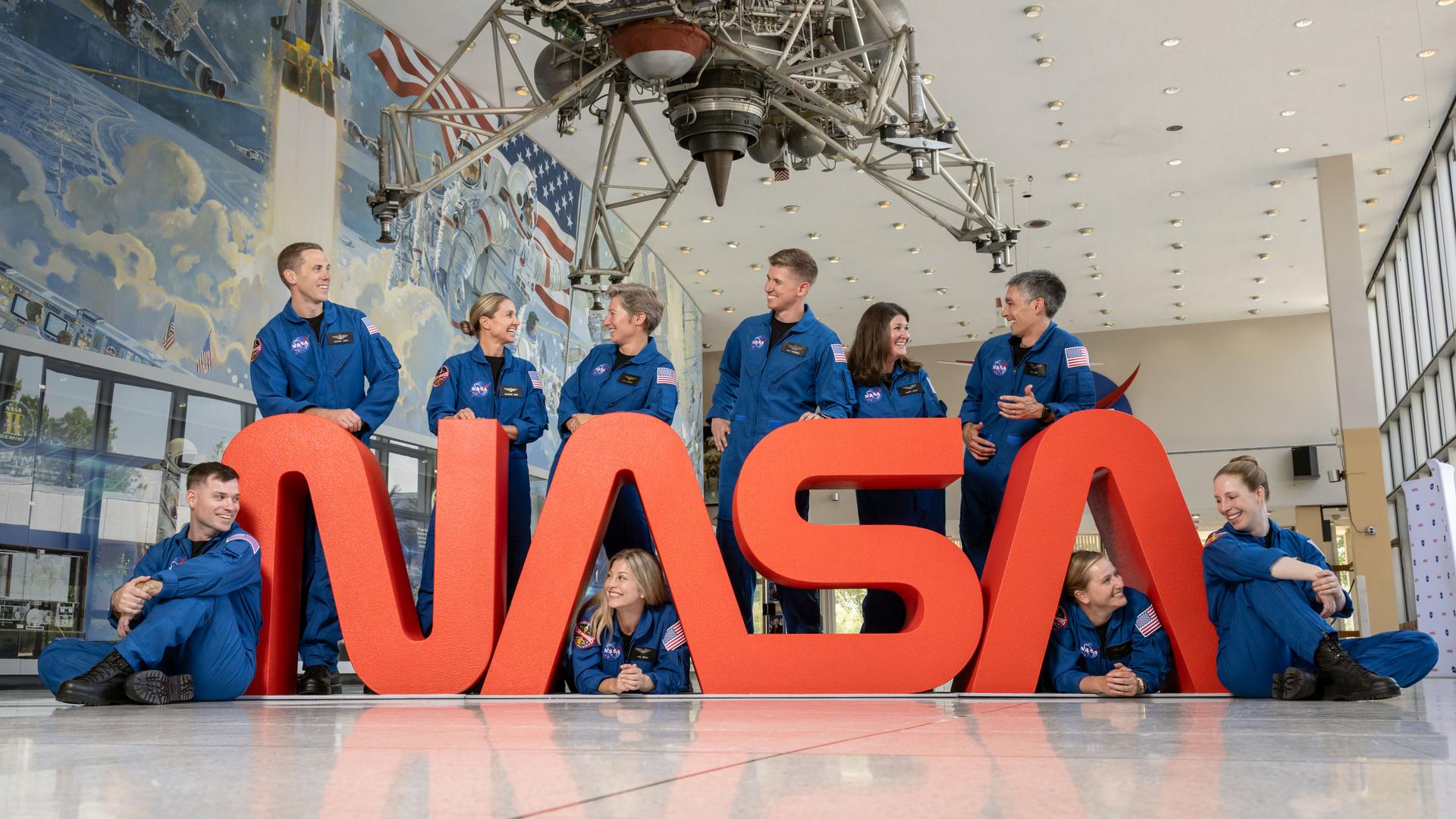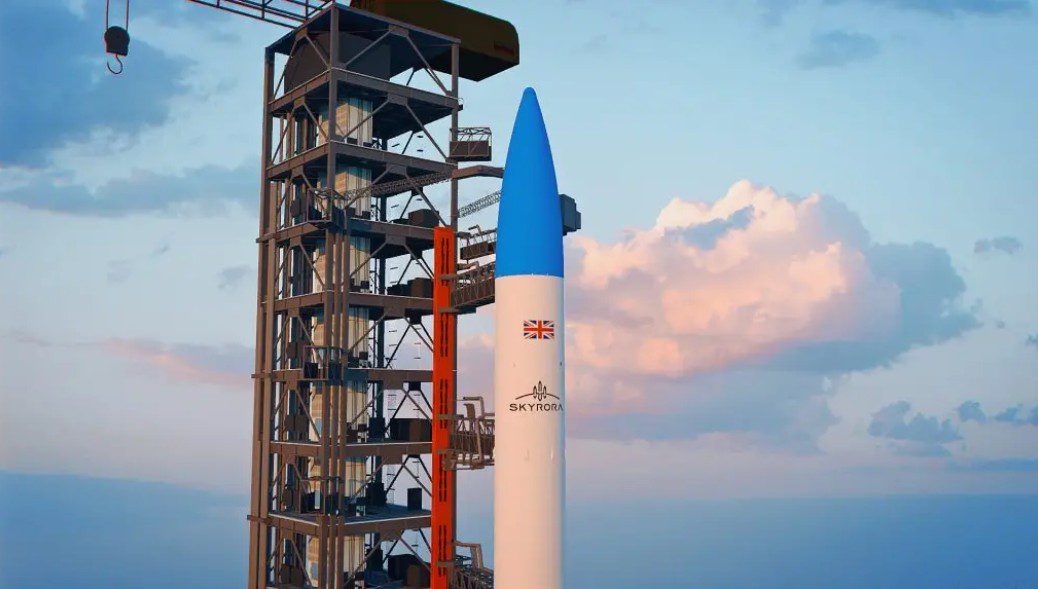After a disastrous time in office of less than two months, UK Prime Minister Liz Truss lost the support of the Conservative Party and has handed in her resignation. She is being replaced by Rishi Sunak, the man she beat in the previous Conservative Party leadership election. This time around Rishi Sunak gained enough support to see off any potential challengers including recently departed former Prime Minister Boris Johnson.
Truss’s downfall was called the so-called “Trussenomics” strategy thought up by Truss and her then Chancellor of the Exchequer (finance minister) Kwasi Kwarteng of having tax cuts to stimulate much needed growth in the economy, but without concomitant government spending cuts to fund these tax cuts. As a result, as they surveyed this mismatch and the likely destabilising effect it would have on government finances, the financial markets were spooked. The cost of borrowing for the UK government dramatically rose, while the value of the pound fell. The Bank of England had to step in with another round of Quantitative Easing to stabilise the pension sector, dependant on government bonds.
The inflationary effect of this, added to the already high inflationary environment in part caused by the war in Ukraine, meant that the Bank of England would have to raise its interest rates in order to counter this inflation. This was to the dismay of those with mortgages and (indirectly) rents to pay as the Bank’s interest rates would have a direct effect on most other interest rates. The result of the financial chaos caused was that Kwasi Kwarteng was forced to resign, followed shortly afterwards by Truss herself. She had not been in office long enough to have had any significant effect on the space industry (apart from that above).
Being of Indian descent and a practicing Hindu, Sunak thus becomes the first “person of colour” to take this most senior office. This is very much an embarrassment to the self-proclaimed pro-diversity Labour Party, the government’s official loyal opposition. So far there have been three female Prime Ministers and now, one of South Asian descent – and all have been “Tories” (Conservatives).
Sunak came from a middle class background. His East African-immigrant Indian family owned a chemist/pharmacy shop in Southern England. This was mainly run by his mother while his father was a medical doctor. Rishi Sunak was educated at the highly esteemed and very expensive private (“Public”) school Westminster. He went onto read PPE (Politics, Philosophy, Economics) at Oxford University and then to gain an MBA at Stanford University, in California, USA. Sunak met heiress Akshata Murty there and the couple had two children.
After working for Investment Bank Goldman Sachs and for a hedge fund, Rishi Sunak became an MP in 2017, rapidly rising through ministerial ranks to become Chancellor of the Exchequer in 2020 under Boris Johnson as PM. During that time his wife’s then non-dom tax status caused him political trouble for a time although she has since given this up.
While in office as Chancellor he had to face the Covid-19 crisis. Early in the pandemic and before vaccinations were available, he was on the pro-economy first side wanting to delay the imposition of lockdowns and, later, to prematurely end them. While formal UK investigation into the pandemic has yet to report, this factor may caused more deaths than there needed to be. Likewise, Sunak’s later “Eat Out, to Help Out” scheme of government vouchers to encourage more eating out at restaurants is now thought to have increased Covid infections. Nevertheless, Sunak gained significant credit for his government-funded “furlough” scheme to fund workers temporarily laid off by the Covid-19 Pandemic.
While his pandemic record is mixed, on economics he has been on much stronger ground. It was known that he was frustrated by Johnson’s financial laxness with spending pledges and his disingenuous style and he resigned earlier this year, in effect triggering the departure of Johnson as Prime Minister. As Sunak subsequently battled for the leadership against Liz Truss, he correctly predicted that Truss’s economic strategy would cause a financial disaster and was vindicated when it happened.
What does Sunak as PM mean for Space? Not so good but only for now
Rishi Sunak is a self-proclaimed fan of Star Wars movie series – theoretically a good sign for UK Space. Another is that the space sector, even with Brexit’s negative effect on some EU-funded programmes e.g. Galileo, can still be counted as a successful achievement of the previous Johnson administration of which Sunak was part. However, in spite of these, the near term portents for the UK space industry are not so good.
Even before the Truss mistakes, the government’s finances were already in parlous state after the Johnson “spend now pay later” regime (despite Sunak’s best efforts to rein him in). The government’s finances were further terribly battered by the Covid-19 Pandemic. And whatever the long term advantages of Brexit may be, its initial downsides to the UK trading position and growth are still being felt.
This situation has been made even worse by rampant inflation triggered by Russia’s War in Ukraine and by the underlying inflation caused by central banks around the world resorting to mass quantitative easing to shore up their economies after the financial crisis in 2008. This new “cost of living” crisis with double digit inflation has led to mass strike actions by public sector workers, keen to make sure that their pay rates are not further eroded by low pay rises. Meanwhile, a combination of low morale caused by this, pension fund value limits and basic overwork has led to many leaving key public services such as the National Health Service (NHS) which is already struggling with a backlog of operations caused by the pandemic.
The Truss tax cuts have now been reversed, initially by the newly appointed Chancellor Jeremy Hunt (Update: he will be continuing as Chancellor in Sunak’s government), and spending cuts are now also likely. Only a few key parts of the budget are likely to remain untouched – most noticeably the struggling NHS and its related social care offshoot. Nevertheless, virtually all other government departments are now likely to suffer cutbacks to get the government’s finances back on an even keel.
Until recently Space had been thought to be a likely beneficiary of previously promised increase in defence spending (from 2 percent up to 3 percent of GDP). (Space is likely to become a key battleground in future wars). However, this rise may no longer happen. Defence spending is actually likely to remain largely static even at a time when a war in Europe is going on.
The civilian side of the space industry is thought be one of the better parts of British economy in terms of growth potential and earning power. However, even this is threatened with having its direct government funding cut – at least for the time being.
While UK government’s circa £400 million space spend is both popular and relatively small beer compared to other government spending, it may thus be used a signal to all the other departments that there is no part of government spending that is safe from cuts – even the popular programmes like Space.
This cut is likely to affect the UK’s contribution to the European Space Agency (ESA) including the UK’s contribution to the ESA science budget, and to a lesser extent its telecommunications programme. There are also fears that there may be spending cut damage to even the glamour projects inspiring the British youth to take up the STEM subjects, including putting a British ESA astronaut on the Moon via the NASA Artemis programme, and the development of a UK launch capability including most noticeably by Virgin Orbit’s Launcher One flight from a Boeing 747 taking off from Newquay at the end of the year.
Nevertheless, this dire spending cutback situation may only be temporary. If UK government revenues can be stabilised, and if the government’s spending cuts are limited to non-productive wasteful parts, then growth-inducing tax cuts targeted at increasing investment and productivity could soon be back. As the growth and revenue situation improves even more, increased spending in certain important growth inducing high tech areas – such as space – could soon be made again. A virtuous circle you could say. The problem for Rishi Sunak is that his plan of unpopular initial tax rises and painful spending cuts, followed by eventual growth inducing tax cuts. may not work in time before the next General Election. Thus, just as the fruits of his labours start to ripen, it could be the Labour Party (no pun intended) that enjoys them.
Post script: Former Transport Secretary Grant Shapps has been made business secretary who has ultimate responsibility for space.
Update on 2 November 2022: Just ahead of the COP27 intergovernmental meeting to try and reduce global warming, to much criticism Prime Minister Sunak said he was too busy to attend. He has since U-turned on this and has decided to go, especially after hearing that former Prime Minister and political rival Boris Johnson was to attend. Meanwhile, the Brazilian President Jiar Bolsonaro, a right-wing politician who was decried for his policies on the Covid-19 pandemic and on deforestation of the Brazilian rain forest – a key carbon sink – has been defeated by his left wing opponent Lula da Silver in the Brazilian presidential election.










